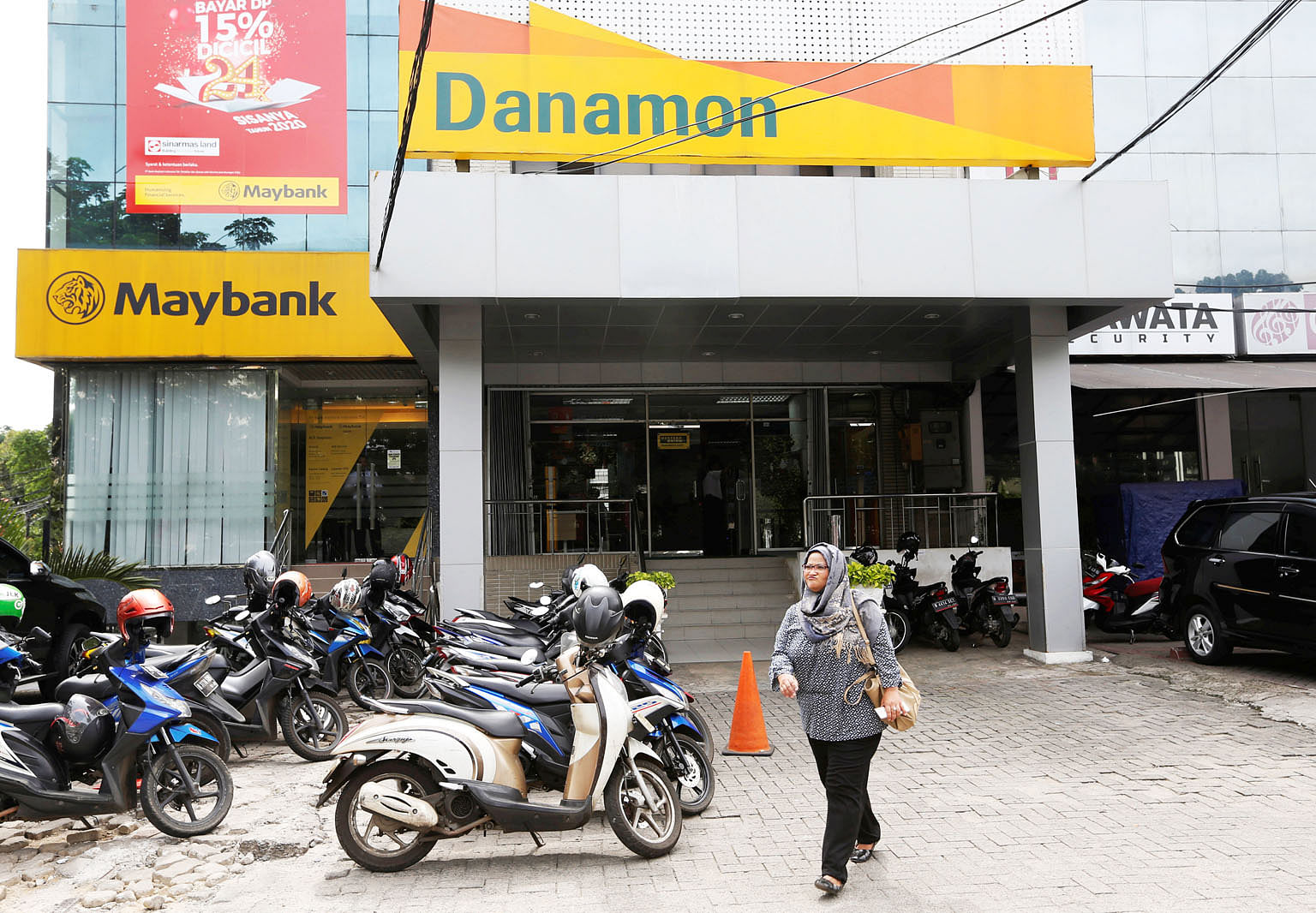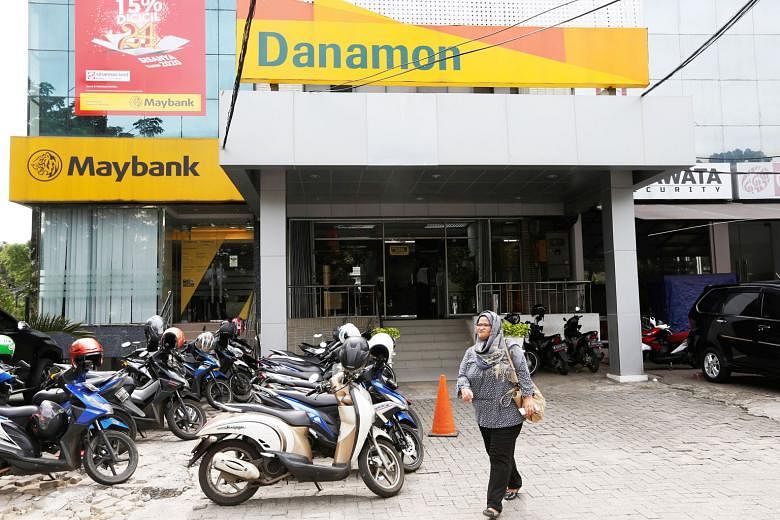Timing is everything.
With Japan hobbled by an ageing population and negligible interest rates, its Mitsubishi UFJ Financial Group (MUFG) is keen for growth and sees overseas expansion, particularly in South-east Asia and the United States, as key.
In its moves to acquire 73.8 per cent of Bank Danamon Indonesia, it may just succeed where DBS Group Holdings failed. Indonesia now is a different place than in 2013, when the Singapore-based lender pulled its US$6.5 billion bid.
On Tuesday, MUFG said it had agreed to buy an initial 19.9 per cent stake from Temasek Holdings and units affiliated with Singapore's state investor.
The Japanese bank then plans to next year increase its interest to the 40 per cent foreign-investor limit, before applying to buy out all of the Temasek group's holdings.
MUFG's interest in Bank Danamon is understandable: It's highly profitable, and unique. The country's seventh-largest lender by assets focuses primarily on consumer loans and auto finance for mass-market customers, which means it doesn't compete directly with the more pedestrian larger banks, all of whom are state-owned.

Indonesia's government is also becoming more amenable to foreign investors. While President Joko Widodo rode to power on a wave of political nationalism three years ago and has pushed for increased local-component content in manufacturing, he's also allowed full foreign ownership of some businesses such as cinemas and toll roads.
In addition, the authorities have made clear they want to reduce the number of banks: Indonesia's financial sector is relatively concentrated, with the four state-owned lenders and 63 private banks representing about 39 per cent and 41 per cent of systemic assets respectively, according to Morningstar analyst Mari Kumagai, writing for Smartkarma.
For MUFG, the deal will likely have limited impact, considering its 303 trillion yen (S$3.6 trillion) balance sheet. According to the Morningstar analyst, MUFG's strong financial profile will allow it to grow more aggressively with its remaining 800 billion yen acquisition budget.
And while MUFG has ample cash, it probably doesn't hurt that Bank Danamon, whose shares have doubled since DBS bowed out (including a 15 per cent jump yesterday), is cheaper in US dollar terms. Indonesia's rupiah has weakened 24 per cent against the greenback since mid-2013, and 14 per cent against the yen.
It seems this time, the Japanese may get lucky where the Singaporeans lucked out.
BLOOMBERG

